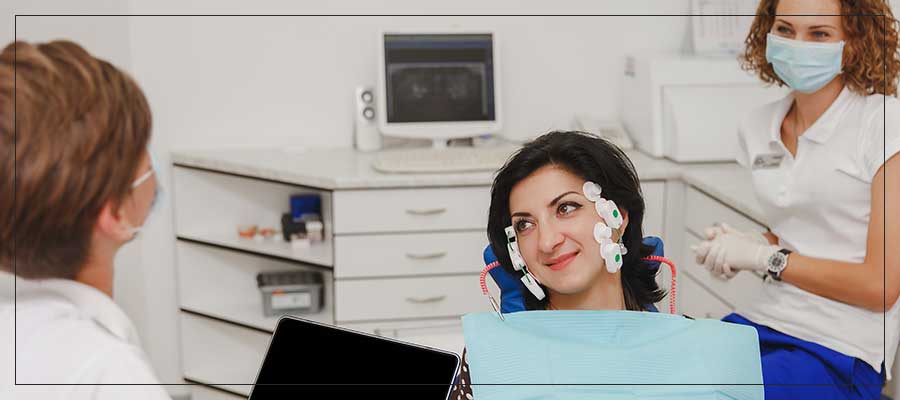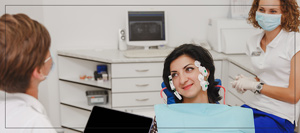Neuromuscular Dentist in Toledo, OH
Neuromuscular dentistry focuses on aligning the jaw, teeth, and muscles to address issues like TMJ disorders and jaw pain. Dr. Nadeem Khan, DDS, at Great Smiles Family Dentistry in Toledo, OH, provides advanced diagnostic tools and personalized treatments to restore balance and improve oral health. For more information, contact us. We are conveniently located at 4646 Nantuckett Dr Suite D, Toledo, OH 43623.



Check Out Our 5 Star Reviews


Additional Services You May Need
- Affordable Dental Implants
- Invisalign
- Invisalign vs Braces
- Dental Implants
- Dentures
- Dentist
- Gum Disease
- Sleep Apnea Appliance
- Sedation Dentistry
- General & Cosmetic Dentistry
- Jaw Muscle and Joint Conditions
- Sports Guards
- Teeth Grinding
- Porcelain Veneers
- Lumineers
- Family Dentist
- Cosmetic Dentistry
- Dental Implant Costs
- Kid Friendly Dentist
- Gingivitis Treatments
- Pediatric Dentist
- Teeth Whitening
- Invisalign Clear Aligner
- Emface
- Exion
- Dental Crown
- Dental Bridge

Additional Services You May Need
- Affordable Dental Implants
- Invisalign
- Invisalign vs Braces
- Dental Implants
- Dentures
- Dentist
- Gum Disease
- Sleep Apnea Appliance
- Sedation Dentistry
- General & Cosmetic Dentistry
- Jaw Muscle and Joint Conditions
- Sports Guards
- Teeth Grinding
- Lumineers
- Porcelain Veneers
- Family Dentist
- Cosmetic Dentistry
- Dental Implant Costs
- Kid Friendly Dentist
- Gingivitis Treatments
- Pediatric Dentist
- Teeth Whitening
- Invisalign Clear Aligner
- Emface
- Exion
- Dental Crown
- Dental Bridge





